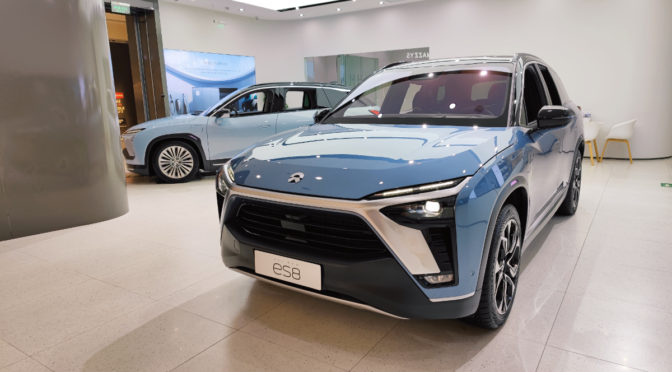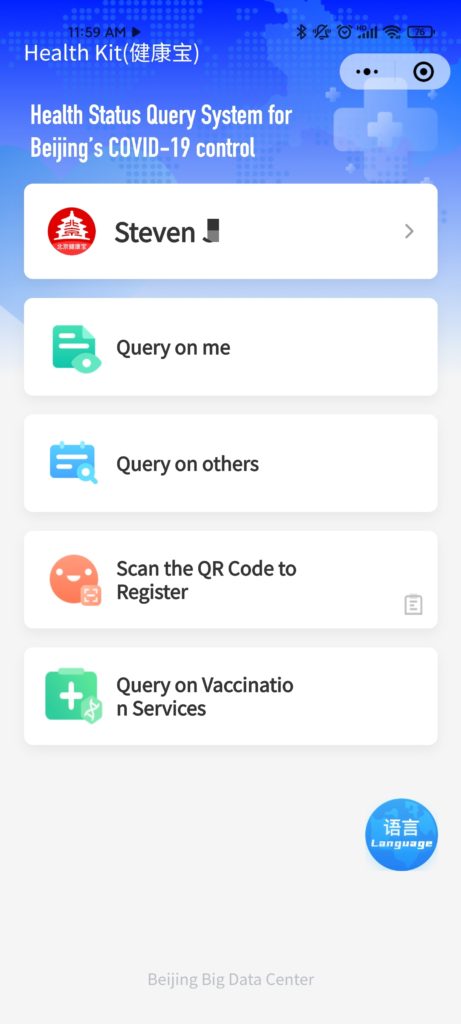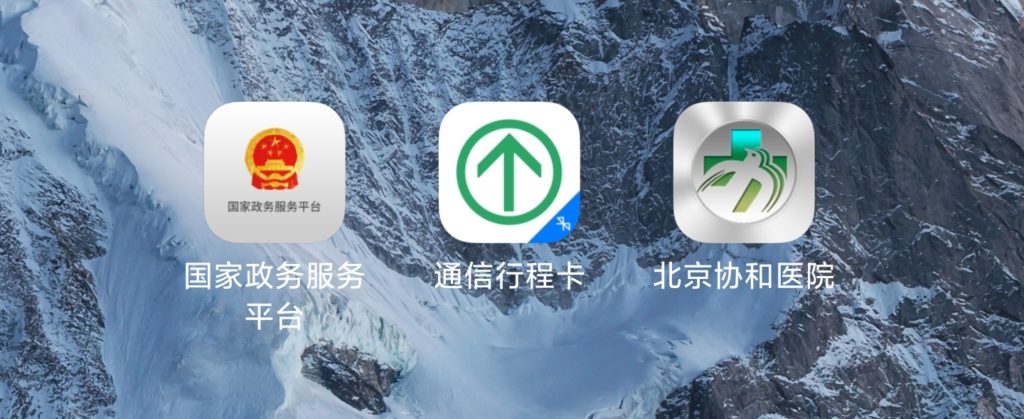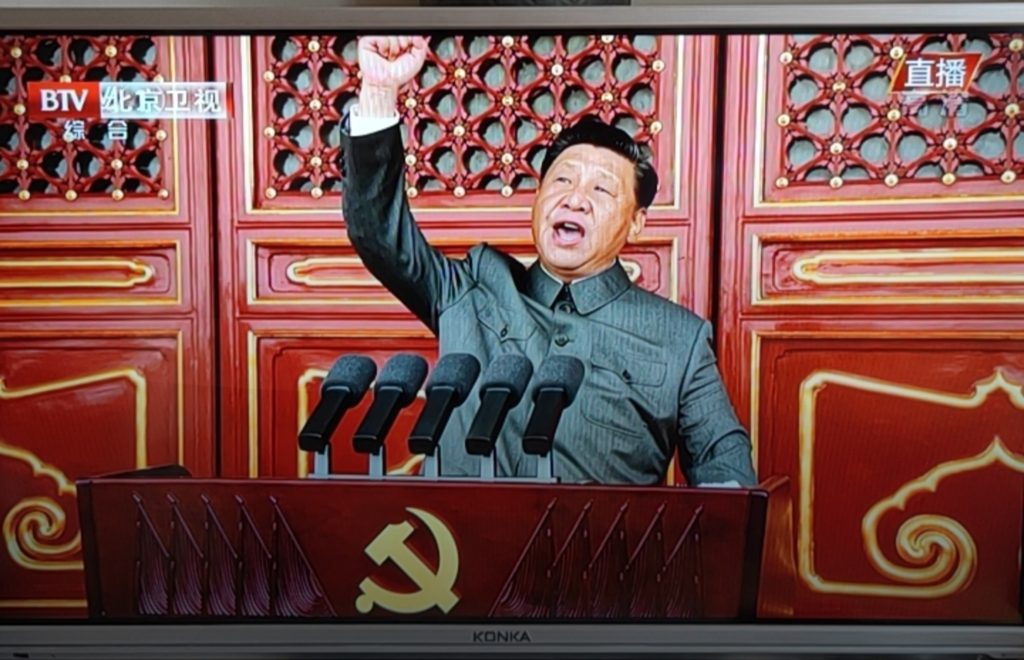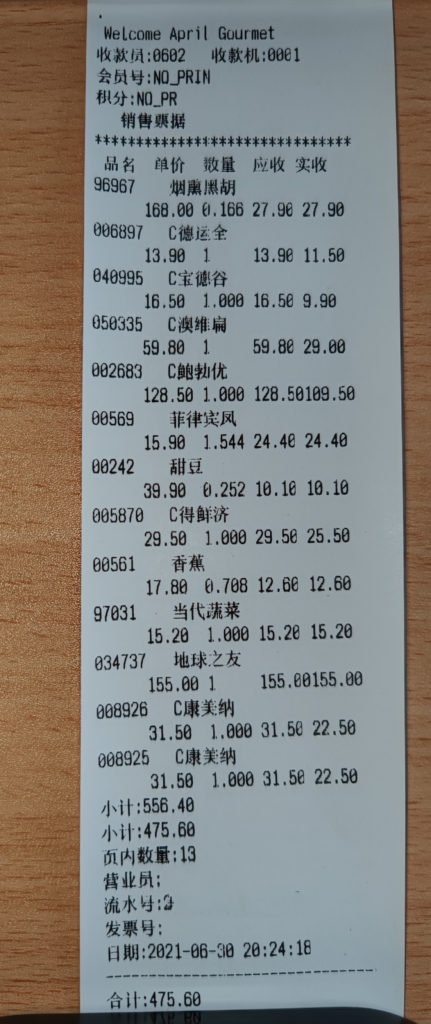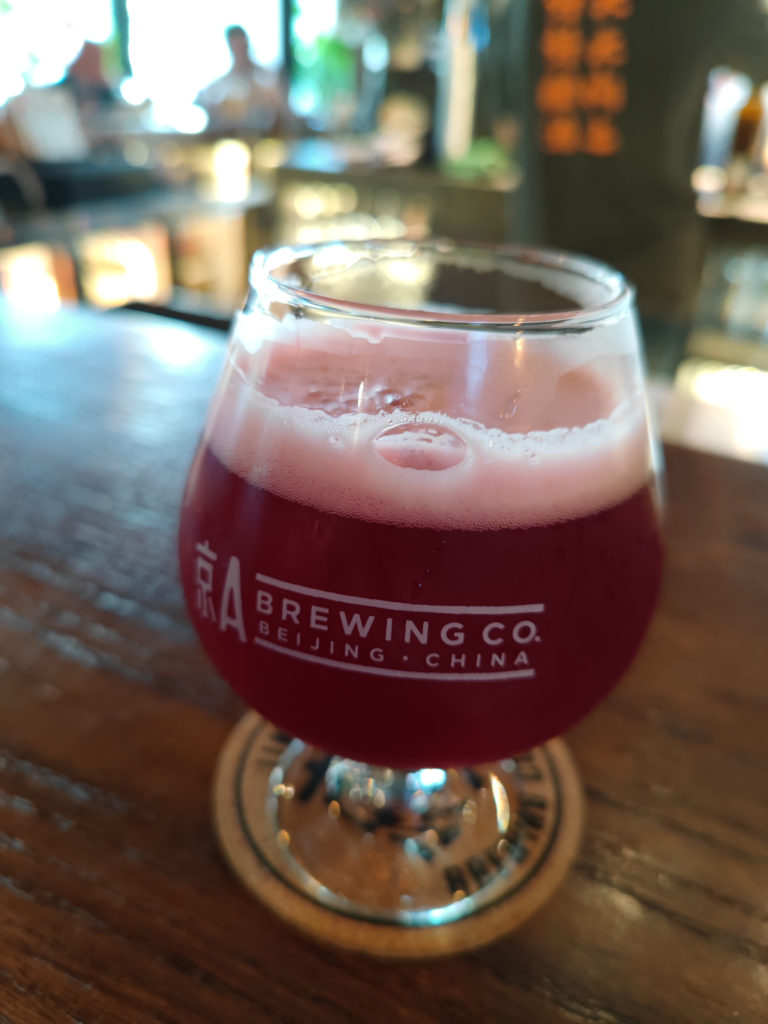So this post comes a little later than I usually post, the others in the series all happened around the month of May. When I wonder why it took me so long to get around to writing this year’s post it’s because May was filled with the May You Make Your Movie video challenge.
Previous Years:
BACK TO “NORMAL”
Anyway, so with that out of the way, let’s take a look at what I’ve seen in the last year in China…
Let’s start with the obvious and deal with the virus in the room. I can’t lie and say things aren’t back to normal here in Beijing and in the parts of China I have visited since THE VIRUS ravaged the world. Planes, trains, buses, and subway lines are all full of people, no social distancing, people still wear masks, but they did that before the pandemic swept the world away. To be fair, pollution levels are lower this year (mostly because of northern China’s moved to natural gas rather than coal for heating in the winter), so that excuse for wearing a mask is no longer valid. But masks are still required to be worn in a lot of public places, such as the aforementioned transportation vehicles.
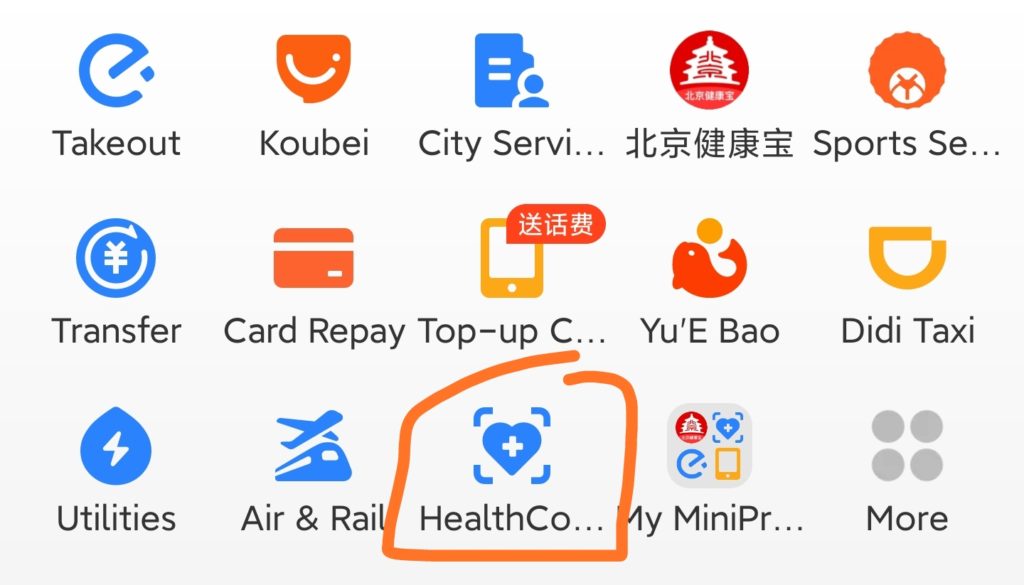
Further, although “contact tracing” wasn’t a big thing prior to the pandemic, it’s always been known or suspected that “the powers that be” were watching, be it through the “Allow access – OK” button on your phone or computer, to the cameras above to the fact that we’re in the country, but the desire to track everybody has increased, but it’s not as bad as it sounds.
Why do I say it’s not as bad? Because with the resumption of so many people going through the gates, any set of gates for that matter, it’s difficult for the guards to keep up. Most people abide, scan the QR code, and patiently wait for the green light to go. Some places, however, the crush is just too great.
Taxis are cleaner than before, not just in terms of smell, but in terms of the inside of the cars themselves. Masks are mandatory and you do have to scan the National Health QR Code before the driver will set off, or he can report you. Though, I’ve never seen a taxi driver refuse a customer in the car when they’re sober.
Other than that, the crush of the people, the traffic, the constant “walk faster than them so you can have another foot of room for a minute” are back and it’s as if nothing has changed.
VACCINES
I haven’t seen one selfie on any Chinese social media (WeChat in particular) boasting of any vaccination. A lot of people got it, most likely because their company told them to get it or they wouldn’t be able to work any more. Whatever the story is with the different types of vaccines, the Chinese nation got it done both in terms of medicine and roll out. Then again, I don’t read the Chinese newspapers very much nor do I follow a lot of Chinese-only news outlets. Maybe I should follow this same approach for Western media, I might have a more cheerful outlook on how the world is changing.
That being said, no one asks about vaccines at all. There’s no shaming, there’s no “oh you got that one”, but there still is the contact tracing (which flags wherever you’ve travelled to) and the constant need to produce NAT results.
5G
Last year 5G was all the rage but now that the Trade War (and Trump) is over, it doesn’t seem to be in focus as much. There are still whispers every now and then of this or that country accepting or working around the 5G-Chinese-made-tech barrier, but, for the most part, it seems this has gone by the wayside. I have yet to upgrade my phone’s SIM card to 5G so I can’t say if it’s any better, but the 4G speeds I normally get have been pretty solid and data is cheap so I tend to go through a lot of it. But that does bring up another point…
ELECTRIC VEHICLES
A lot more electric vehicles are on the road and they’re not just Teslas any more. Xpeng and BYD are the most noticeable electric vehicles on the road, but NIO still gets all the fame. Last year I mentioned “Niu” as one of them and people might have wondered what I was talking about. Well, NIU makes electric scooters, NIO makes the cars.
100th ANNIVERSARY OF THE CCP
This years, 2021, marks the 100th anniversary of the founding of the Chinese Communist Party. They’re pretty proud that they’ve been able to hold it together for as long as they have, given that Chinese history is rife with upsets of people in power. The party has had its ups and downs (an understatement, most would say), but here they are putting astronauts into space, rolling out 5G network technology around the world, building bridges from Beijing to Barcelona, and continuing to “unite” the Chinese people within their geographical area. Xi Jinping said in his address to those in attendance at Tiananmen Square, “Here’s to the next 100 years!” Truly, this is a historical time. (It also makes me wonder if that’s why he wanted to stay in power beyond the normal two year term set for leaders. Now that the anniversary is over, what will happen?)
SCRUTINY, SCRUTINY, SCRUTINY
And as China continues to push forth with its desire to be more of a global country and to open up its economy, it also wants to make sure that everybody is playing by the same rules and aren’t getting away with anything that could be considered not fair. And so… remember Alibaba? Well, regulatory oversight and review are hitting a lot more companies these days. The very latest as of this writing was Didi Chuxing, ticket symbol DIDI on the NASDAQ. These companies are getting pulled in for various infractions, though whether or not they’ll be punished is another question. As of right now, Didi has been pulled from APP stores in the Mainland and no one can register for a new account. Good thing there are other taxi services but this all begs the question, who will be next?
PRICES OF THINGS – INTERNATIONAL
I can’t say prices have changed very much this year, unlike last year where the increase was notable. Here’s a pic of my latest purchases at April Gourmet, the international food market nearby my place:
A trip to any one of the brewpubs usually costs around 150-200 RMB per visit:
- Craft beers, per pint – 35-55 RMB
- JingA CDB burger – 120 RMB
- QMex classic burger – 55 RMB
- Blue Frog Burger – 80 RMB
- Great Leap Pizzas, 16 inch – 120-165 RMB
- Chinese breakfast (seaweed soup, youtiao, baozi, egg) – 22 RMB
PRICES OF THINGS – DOMESTIC
As for Jingkelong, the “Chinese neighbourhood supermarket”, I haven’t noticed prices changing that much:
- Qingdao 500 ml – 6.50 RMB
- Watson’s Soda Water 330ml – 4.50
- Free range eggs per 500 g – 15 RMB
- “Normal” Eggs per 500 g – 5 RMB
- Domestic Milk 1L – 11.50 or 12.50 RMB
- Imported milk 1L – 9.90 RMB
- Phone month-to-month, 4G – 50 RMB
- Phone data 4G, 10 GB, 7 day duration – 30 RMB
- Phone data 5G, 4GB, 3 day duration – 16 RMB
- Chinese lesson per hour – 190 RMB
- Average hourly wage of ESL teachers – 275 RMB
- Minimum wage in Beijing for Chinese residents – 17 RMB
- Steak (250g) – 55 RMB (last year’s was wrong, it shouldn’t be 500g)
- Rent per month – 6800 RMB
- Internet per year – 1350 RMB
- Bus ticket per journey – 1-2 RMB
- Subway ticket per journey – 3-5 RMB
- HelloBike annual subscription – 180 RMB (on sale from 355 RMB)
- Starbucks Americano Venti – 31 RMB
- Tim Hortons brewed coffee, Large – 21 RMB
- Tim Hortons Timbit per piece – 4 RMB)
That’s enough of prices for now.
HUAWEI & APPLE
It’s either one of Huawei’s phones or Apple’s, and if it’s Apple’s then it’s one of the best. If it’s one of Huawei’s, it just looks like it could be expensive, but might not be. I don’t see too many Xiaomi phones out there or other brands, but it is also getting harder to identify some of them since they all want to look like an Apple.
PODCASTING
Everybody has a podcast, even me! As blogs are to the 2000s-2015s, podcasts are to the 2020s. What are you saying? That includes the number of audiobooks available in Chinese which is great for those of us who want to listen to the language more than just study materials or bizarre TV shows. (I even started one! Have a listen!)
